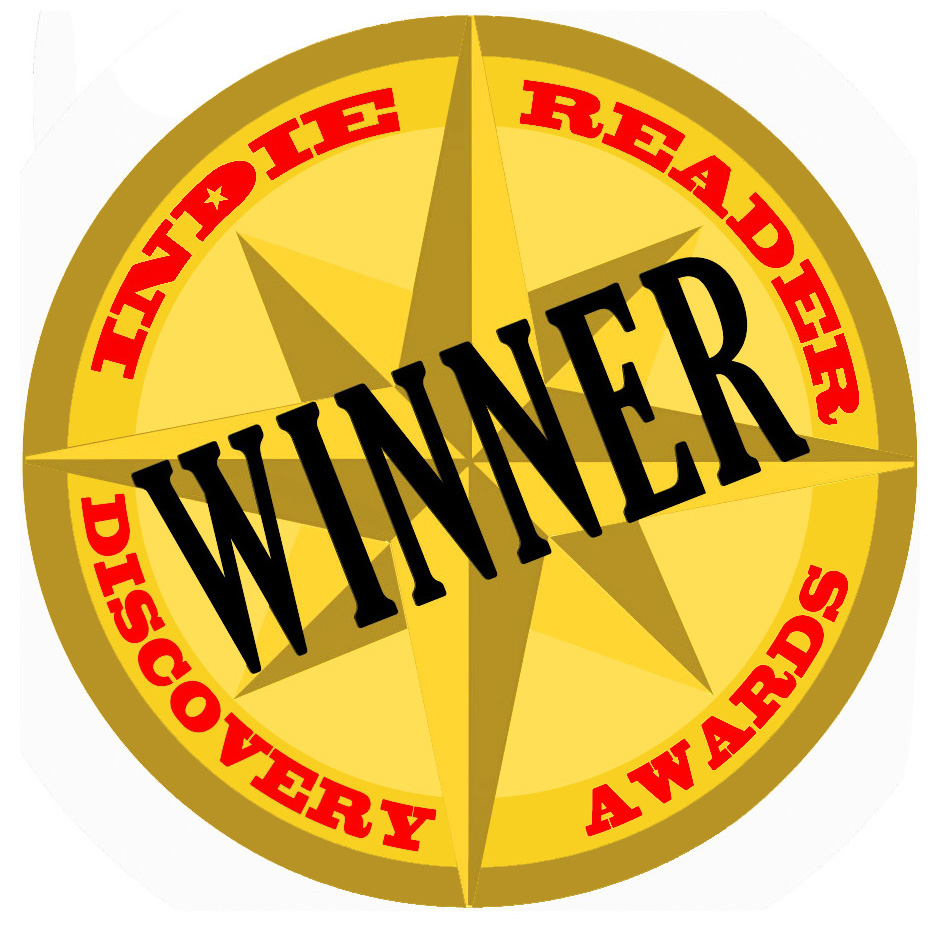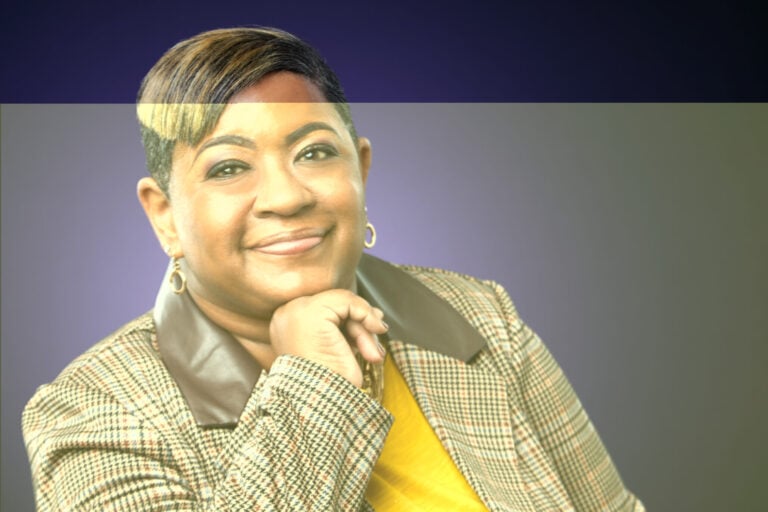
Educational Disobedience: A Mom Who Became a Movement was the winner in the Education category in the 2025 IndieReader Discovery Awards, where undiscovered talent meets people with the power to make a difference.
Following find an interview with author Dr. Annise Mabry.
“I am incredibly honored and deeply humbled to accept the 2025 Indie Reader Award in the Education Category. As an author, educator, and advocate, this recognition holds profound meaning—not just for me, but for every family, every student, and every dreamer who has felt unseen in traditional educational spaces.
Educational Disobedience was never just a book—it was my truth. It was the voice of every parent who dared to say, “There has to be a better way.” It was the love letter I wrote to my children and to every child who’s ever been told they don’t belong in the classroom. And it was the blueprint I created when I could no longer wait for systems to change—I had to become the change.
To the Indie Reader team, thank you for shining a light on independent voices. You didn’t just validate a book—you amplified a movement.
To my editors, Stephanie Wilson and Magdalena Bartkowska, your guidance gave my words wings. To my family—my heartbeat—thank you for being my “why”. ”
What is the name of the book and when was it published?
The book is Educational Disobedience: A Mom Who Became a Movement, published in June 2024.
What’s the book’s first line?
“They told me my daughter was broken—and I believed them, until the day she broke completely.”
What’s the book about? Give us the “pitch”.
Educational Disobedience is the true story of how one mother turned personal pain into a national movement. When the traditional school system failed her children, Dr. Annise Mabry didn’t wait for reform—she created her own. This book explores how trauma-informed homeschooling became a life-saving solution for marginalized youth and evolved into Georgia’s largest online homeschool cooperative. It’s a rallying cry for educators, parents, and changemakers ready to rebel with purpose.
What inspired you to write the book? A particular person? An event?
My children inspired this book. My daughter was bullied so severely that she experienced a psychotic break, and my son—who is autistic—was so excluded in traditional classrooms that I was told he would never be able to read more than 50 sight words. That kind of institutional failure changes you. I wrote Educational Disobedience not just to tell our story, but to show other families that they aren’t alone—and that healing, learning, and thriving are still possible when we choose a different path. If I had to think back to an event that was the spark in the can of gasoline it was the moment when I was told she might never recover from her psychotic break. That moment shattered everything I believed about school systems, and it forced me to create something radically different—not just for her, but for every child who had been labeled, excluded, or left behind.
What’s the most distinctive thing about the main character? Who—real or fictional—would you say the character reminds you of?
The most distinctive thing about the main character—me—is her refusal to accept “no” as the end of the story. She’s relentless in her pursuit of justice through education. If I had to compare her to someone, I’d say she’s a mix of Erin Brockovich and Harriet Tubman—unapologetic, resourceful, and willing to walk through fire to lead others to freedom.
What’s the main reason someone should really read this book?
Educational Disobedience isn’t just my story—it’s a call to action. I wrote this book to challenge the idea that homeschool education is somehow “less than” traditional schooling. More importantly, I wanted to give readers the tools to rebuild the system entirely. This journey taught me what’s possible when we center healing, humanity, and hope over outdated rules and red tape.
It’s more than a memoir—it’s a blueprint for transformation. I want readers to see how my refusal to accept “no” changed everything—not just for my children, but for an entire community. If you’ve ever felt powerless in the face of the education system or wondered how to spark real change, this book will light that fire and show you the path forward. It’s a story about reclaiming power, redefining success, and proving that one determined person really can make a difference.
If they made your book into a movie, who would you like to see play the main character(s)?
I’d love to see Dominique Fishback play me. She has this raw, emotional depth and quiet intensity that mirrors everything I poured into Educational Disobedience. She’s not afraid to step into roles that are gritty, complex, and transformational—and that’s exactly what this story demands. Like me, Dominique brings fire and vulnerability in equal measure. She doesn’t just play a part—she becomes the truth behind it.
When did you first decide to become an author?
I didn’t decide—I had to write. I needed a place to process my grief, my rage, and my hope. It wasn’t until people started asking for copies of the story I was living that I realized I had a book inside me.
Is this the first book you’ve written?
It’s not my first book, but it’s the first one that made me feel both naked and powerful at the same time. I’ve written academic work, guides, and program manuals before—but Educational Disobedience is the first time I truly wrote from the soul. This book wasn’t about proving expertise—it was about telling the truth.
What do you do for work when you’re not writing?
I’m the founder of The Dr. Annise Mabry Foundation. I work with at-risk youth, homeschool families, law enforcement, and community leaders to create trauma-informed education and workforce programs—especially in rural areas.
What’s the best and the hardest part of being an indie?
The best part is having complete creative control. The hardest part is everything else—marketing, distribution, and making people take you seriously without a big-name publisher behind you.
Would you go traditional if a publisher came calling? If so, why?
Yes, if the deal honored my voice and mission. I’d love the broader distribution and media reach—but not at the cost of watering down the truth.
Is there something in particular that motivates you (fame? fortune?)
What motivates me is freedom—specifically, helping others find theirs. I’ve lived through the consequences of systems that weren’t built for people like me or my children. I don’t write for fame or fortune. I write—and build programs—to create space where healing, learning, and dignity are possible for the people who’ve been left behind. My motivation is legacy and liberation.
Which writer, living or dead, do you most admire?
I most admire Maya Angelou. She gave pain a purpose and voice to generations of women who didn’t know they were allowed to speak. Her ability to blend activism with artistry showed me that storytelling can be both personal and revolutionary. Every sentence she wrote carried both history and hope.
Which book do you wish you could have written?
I wish I had written My Posse Don’t Do Homework by LouAnne Johnson. That book captured the grit, the heartbreak, and the deep humanity of teaching students who’ve been written off by the system. It’s honest, unflinching, and full of love—and it reminds me so much of my own work with at-risk youth.
But I also have to say The Book Woman of Troublesome Creek moved me in a different way. That story of a woman delivering books through the hills of Kentucky, fighting isolation, poverty, and prejudice—it spoke to the quiet power of education and the resilience of women who carry it into the most forgotten places. If I could combine both of those stories, that’s the book I would have written: one that speaks to radical love through learning, even in the most unlikely places.
